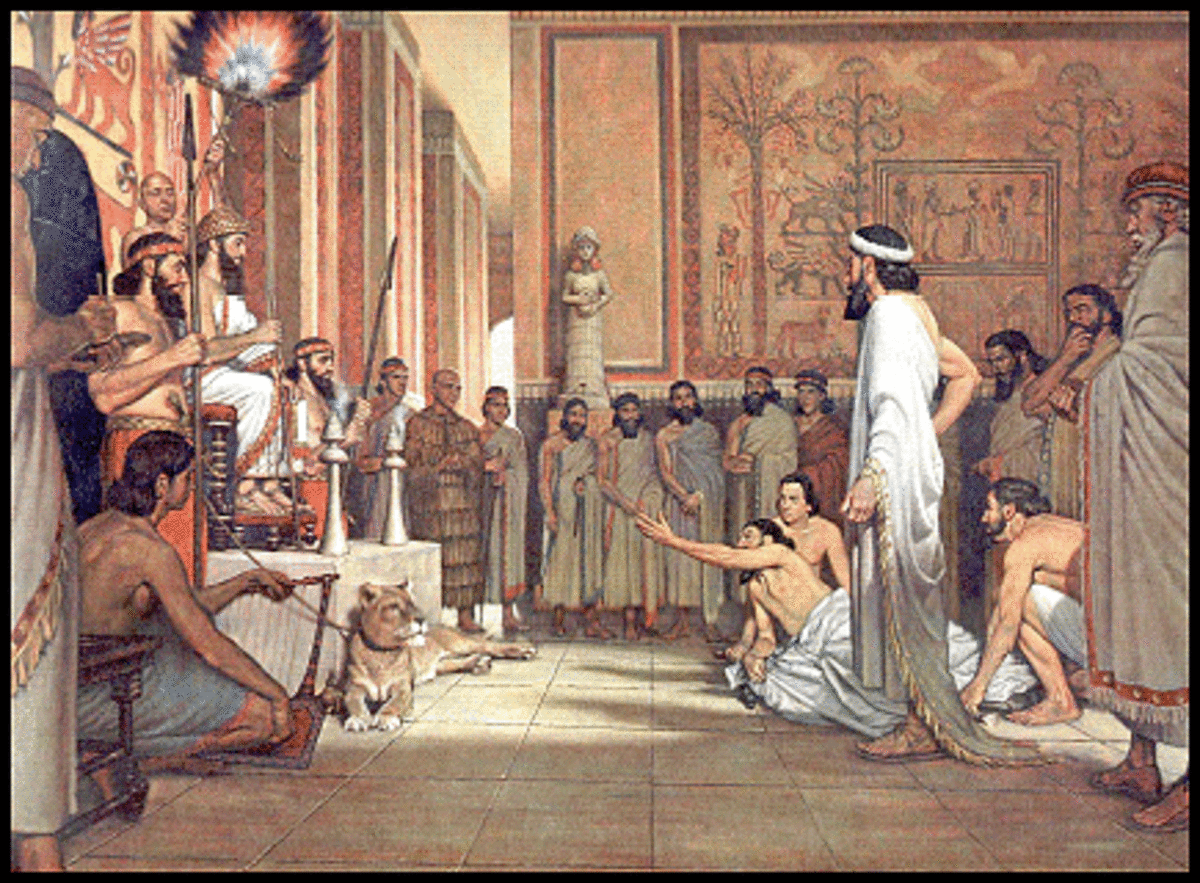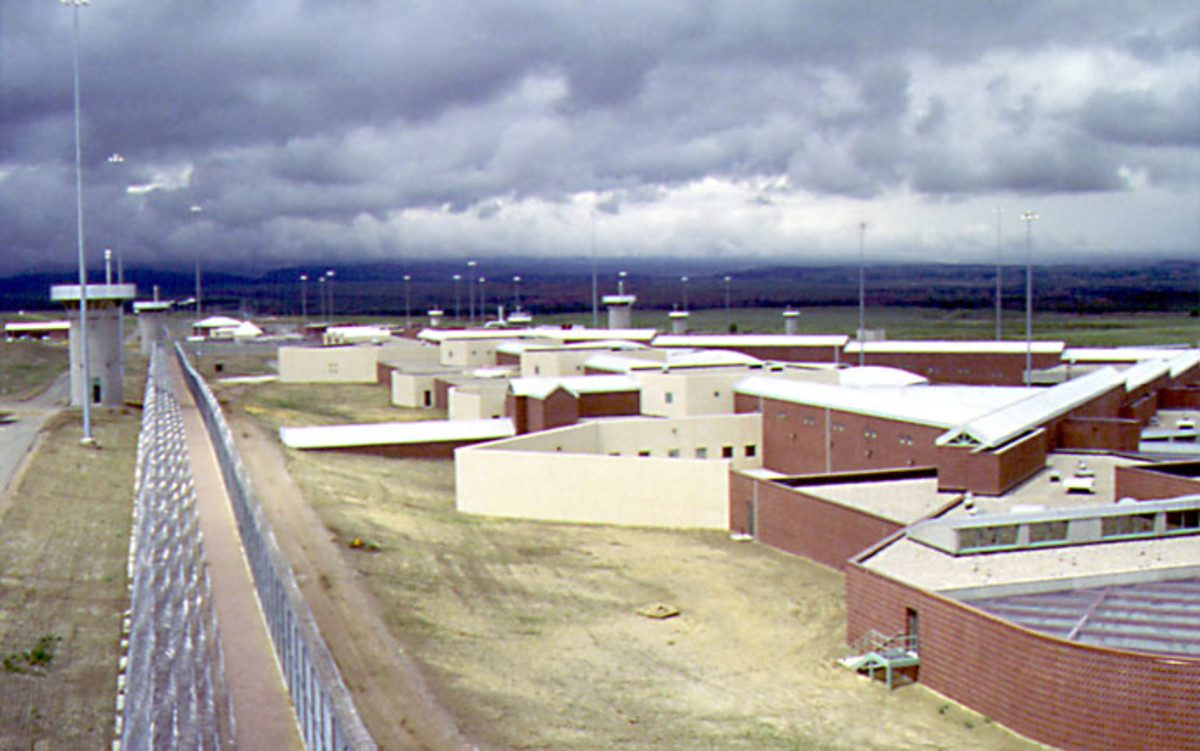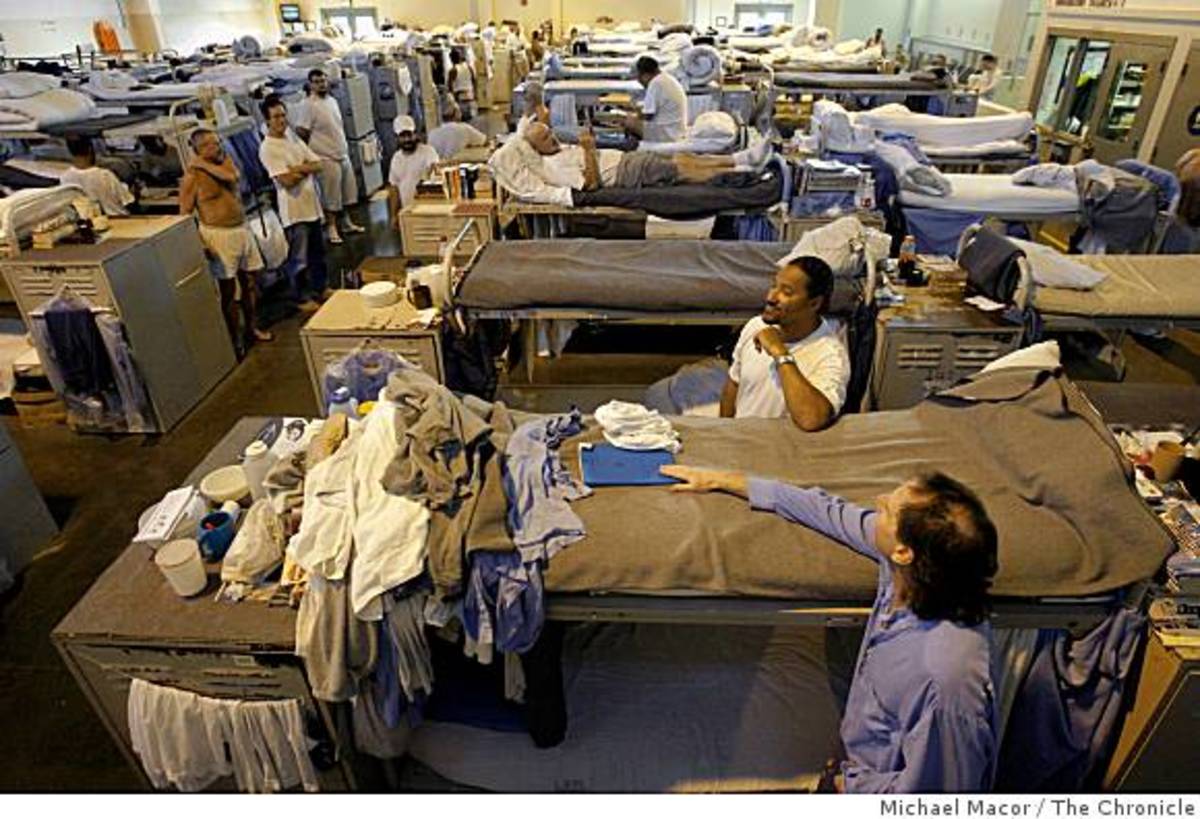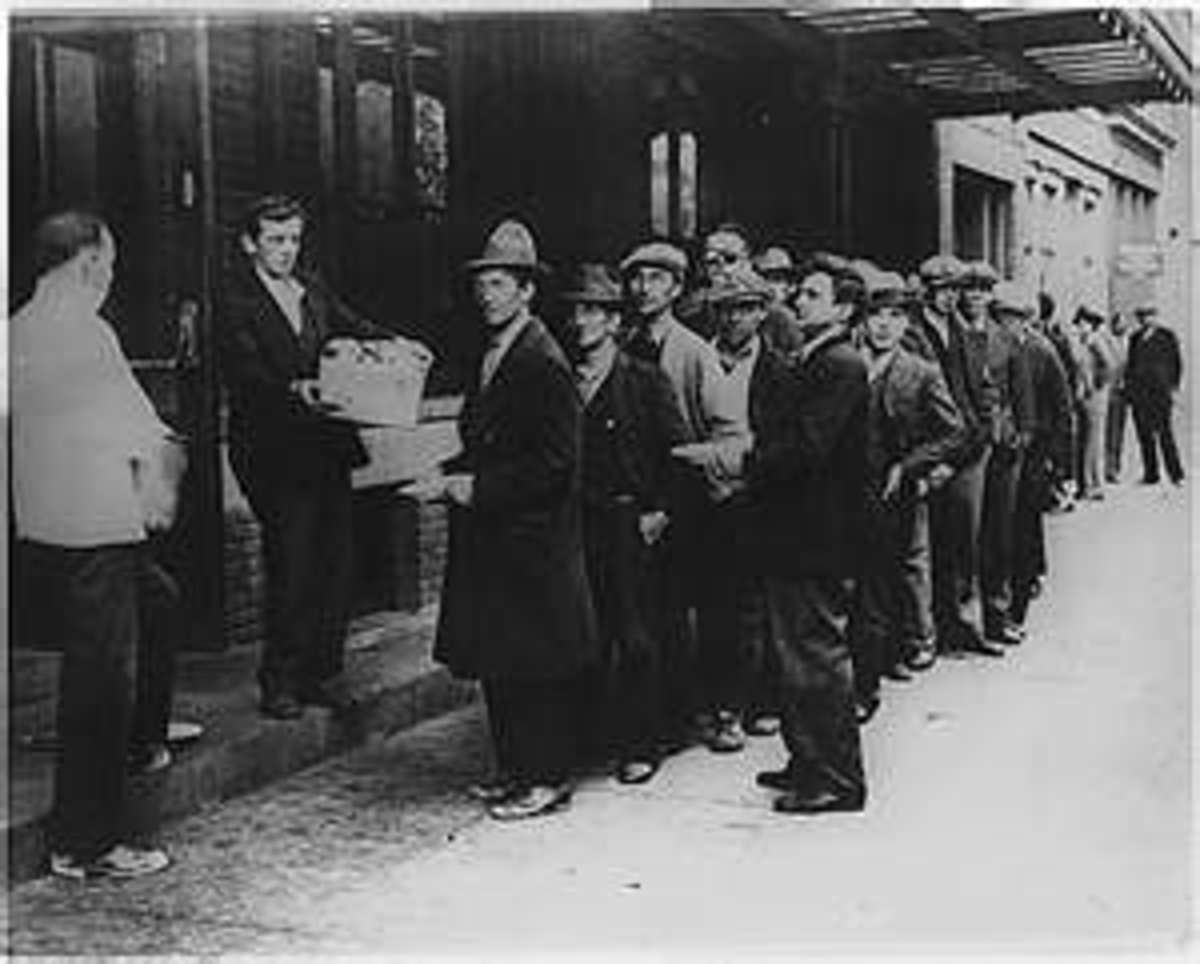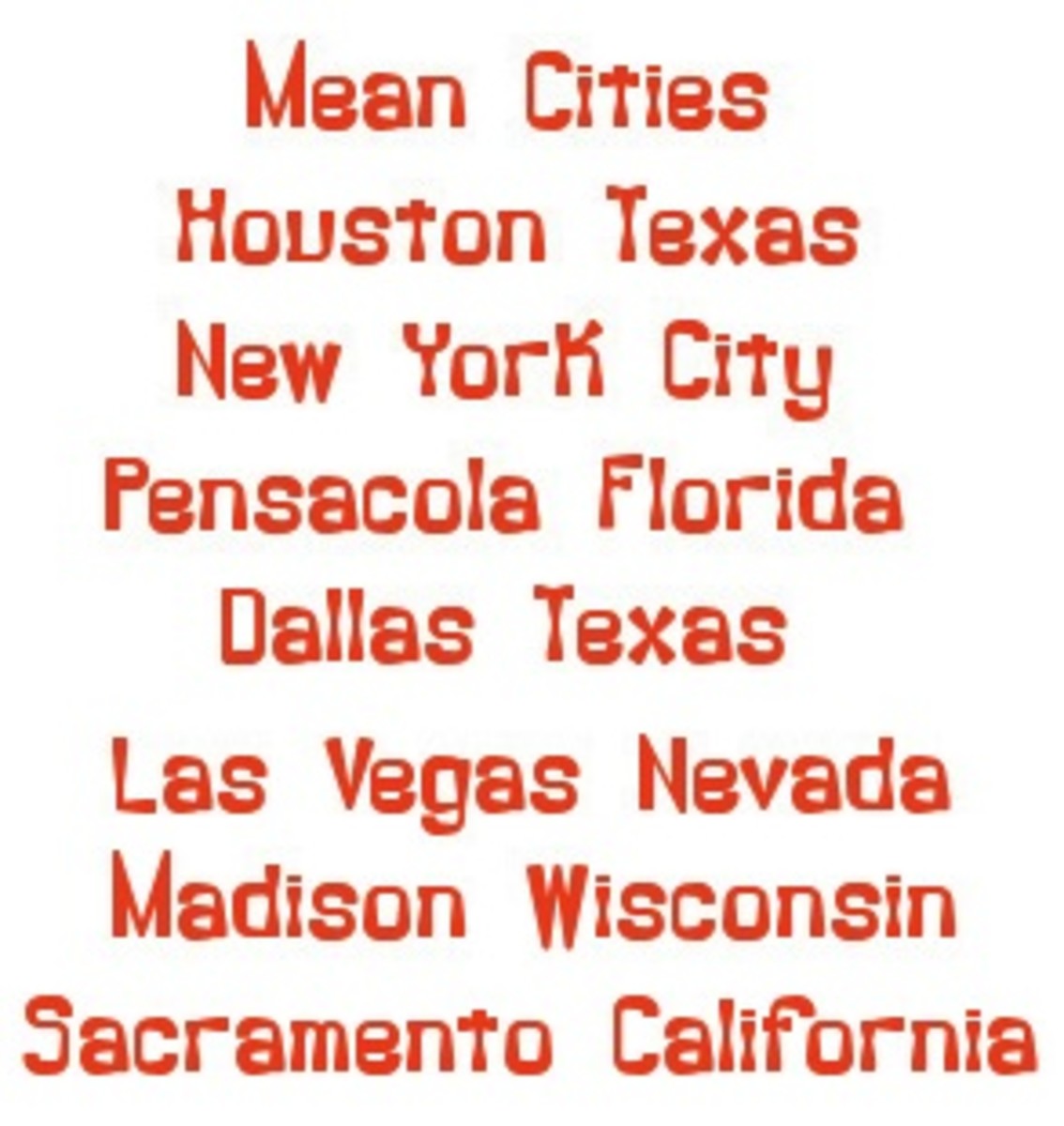Why Is The Government Continuing to Allow Companies to Make Money From Poverty and Our Most Vulnerable Populations?

Did you know that as of 2019, 38.1 million Americans are living in poverty? That’s close to 13% of America’s population. Poverty and wealth gaps have been a problem in our country for quite some time. It seems that lawmakers and people in power either can’t figure out or don’t care about the poverty issues that we have. What’s even more disturbing is the fact that these same lawmakers are allowing profitable companies to take advantage of people that are living in this poverty. We pay taxes to fund the government yet we have little say in how this same government is serving and protecting us. Why are for-profit companies allowed to make money from struggling Americans without even fixing the problems that cause poverty in the first place? Below are a few examples of how our incompetent government is one of the root causes as to why it will take years for Americans to be economically equal.
1. For-profit companies make millions from private prisons.
The American criminal justice system holds almost 2.3 million people in military prisons, immigration detention facilities, civil commitment centers, and state psychiatric hospitals. The incarceration rate in the United States is higher than any other country in the world. The United States has close to 25% of all prisoners worldwide. There are many reasons why a child or adult might end up in prison, a juvenile detention center, military prison, mental illness facility or substance abuse rehab center. Some people have mental illnesses, problems with drugs or alcohol, issues with violence and many other societal disruptions. Even though some prisoners need help with themselves and with life, there are for-profit companies that take advantage of this segment of our population.
Private prisons have been known to be unsafe for inmates and staff. According to a report by the Justice Department, private prisons have a higher rate of inmate-to-inmate and inmate-to-staff assaults than government owned prisons. Private prisons are often in poor condition and very unsafe. To make things worse, a private prison can reject the housing of a prisoner if they have physical or mental health problems. A Justice Department review also found that private prisons are less effective at inmate reform than government-owned prisons. With all this being said, what happens to those inmates that need help with a mental illness? Are these for-profit companies making money off of inmates instead of actively providing health care for them?
The main companies that own for-profit prisons are The Corrections Corporation of America, Management and Training Corporation (MTC), The GEO Group and Community Education Centers. Collectively, these companies have made billions in profits. The CCA and The GEO Group earned a combined total of $3.5 billion and more than $4 billion in 2016. Since these companies are making so much money, why aren’t there more rehabilitation and reform programs for inmates during and after they are released?
I think that private prisons should be obsolete or there should be laws that require these prisons to be held accountable for poor conditions and lack of care for their inmates. For example, if an inmate kills a prison guard, the owner of that private prison should be held accountable. In that scenario, the prison owner should be charged with neglect and manslaughter. If private prison owners were held accountable by the court system years ago, I think that other private prison owners would have taken notice. They may have made much more of an effort to ensure that they are not only safely housing inmates, but that they efficiently provide the necessary mental and physical health care for all of their inmates.
2. Wealthy companies and individuals make money from charter schools, where children of poverty often attend
Though charter schools are considered to be public, it is owned and managed by private companies. There has been much hype about how charter schools are supposed to be better than other public schools by providing a higher standard of education. However, there is much corruption with charter school owners. There have been numerous companies that have made money off of these schools.
Even though some states require charter schools to be non-profit, many charter school owners are making big money from these students. Charter school owners find ways to profit without even disclosing their expenditures. Charter schools are sometimes linked to the vendors that lease supplies and services to the school. So even when a school is closed, the desks, computers, and equipment that have been purchased with our taxpayer money can still be owned by any businesses related to that school and its owner.
There are many instances where charter schools outsource and contract with for-profit companies in order to generate revenue for themselves. In Michigan, private companies operate 80% of the charter schools. In Ohio, two board members and the superintendent of a charter school was awarded a $420,919 consulting contract to an out-of state company, which gave them kickbacks in cash, travel, and payments to a separate business. In Washington, DC, a charter school owner diverted public education funding to his company that paid him more than $2.5 million over a 2 year-period. To date, more than $14 million has been paid to his company.
Some charter school owners also make money from real estate deals. For example, Marion P. Thomas Charter School in New Jersey sold two school buildings to private companies. The companies paid a deposit but said they couldn’t get financing to complete the purchase. As a solution, a New Jersey real estate developer bought the buildings at a $10 million mark up and sold it back to those private companies. This is just one example of how a charter school owner profits from real estate. Some owners even do sale-leaseback deals and keep the rent profits for themselves.
I would like to know why these charter school owners are allowed to profit from students, especially when so many of these schools have displayed poor academic performance and some of these students receive lower grades than they would at a “non-charter” public school. Roughly 35% of charter schools have failed. Nearly one quarter of charter schools fail to graduate half of their students on time. And according to the Center for Education Reform, 66% of charter school failures have happened either because of mismanagement of money or other “financial reasons”. These charter school failures have cost taxpayers over $500 million. Between 2009-2014, $1 billion has been given to charter schools that either never opened or permanently closed.
If charter school owners are allowed to make money for themselves while taxpayers still contribute to these schools, then why isn’t it a requirement for these schools to disclose all of the profits, payouts, kickbacks and other “goodies” that these owners are getting? Why isn’t there a mechanism and protocol in place for oversight and accountability? If education is the most important thing we provide for our children, why is the government so lenient on these school owners and private companies that make money off of these children with little regard to the quality of their education?
3. For-profit companies make money off the children welfare system
The purpose of the foster care system is to help orphaned children find a loving home to grow up in. It is a necessity to ensure that all children have access to the love and opportunities that will help them prosper in life. Unfortunately, the foster care system is corrupt and for-profit companies make money from children without helping these kids find a permanent home. The Department of Child and Family (DCF) often contract with for-profit companies to place children in homes and for other services. Many foster care agencies also partner with state foster care agencies and receive funding from the government. There are even states that confiscate checks of children whose parents have died in the military and these children never see a dime of it.
The foster care system is supposed to take care of our young children and ensure that they all have a loving home. Individuals in the system should also be proactive in doing all they can to provide the guidance and pave the proper road for all children to succeed in life, especially those that are almost at the age of 18. Unfortunately, children in the foster care system rarely receive the same type of support that a good parent or guardian would provide. Foster children do not have the luxury of depending on a parent once they are 18, so they are typically left to fend for themselves. The groups of children that exit the foster care system have a lower chance of succeeding in life compared to children that are not in the system. They are more likely to drop out of high school, have children prematurely, receive welfare and/or become homeless.
If the foster care system’s purpose is to prepare these children for adult life while providing a loving home, then why are so many of these children left without any tools to succeed in any way? Why do million dollar companies get to make money off of children that have little in their lives to begin with? After all, there have been too many instances where a child is literally getting a check from the government but the child never sees the money. Why isn’t this considered to be theft? If someone stole life insurance benefits or government assistance from someone, they’d be incarcerated-so how is it all right for companies and government officials to do this?
Conclusion
A big part of democracy, especially in America, is our government helping the same people that pay into the system. Most people expect our government to be here for us when we either need to educate our children or if we need help with a mental illness. This is why it baffles me as to why our lawmakers fail to care about the oversight of our most precious government services, which also effects their voters. All lawmakers like the power that they have and would like to keep it. However, they don’t understand that they don’t have power-the taxpayers that voted for them do. Hopefully, these lawmakers will soon realize that it is all of us voters that call the shots, not them!
© 2020 Melissa Pitts

